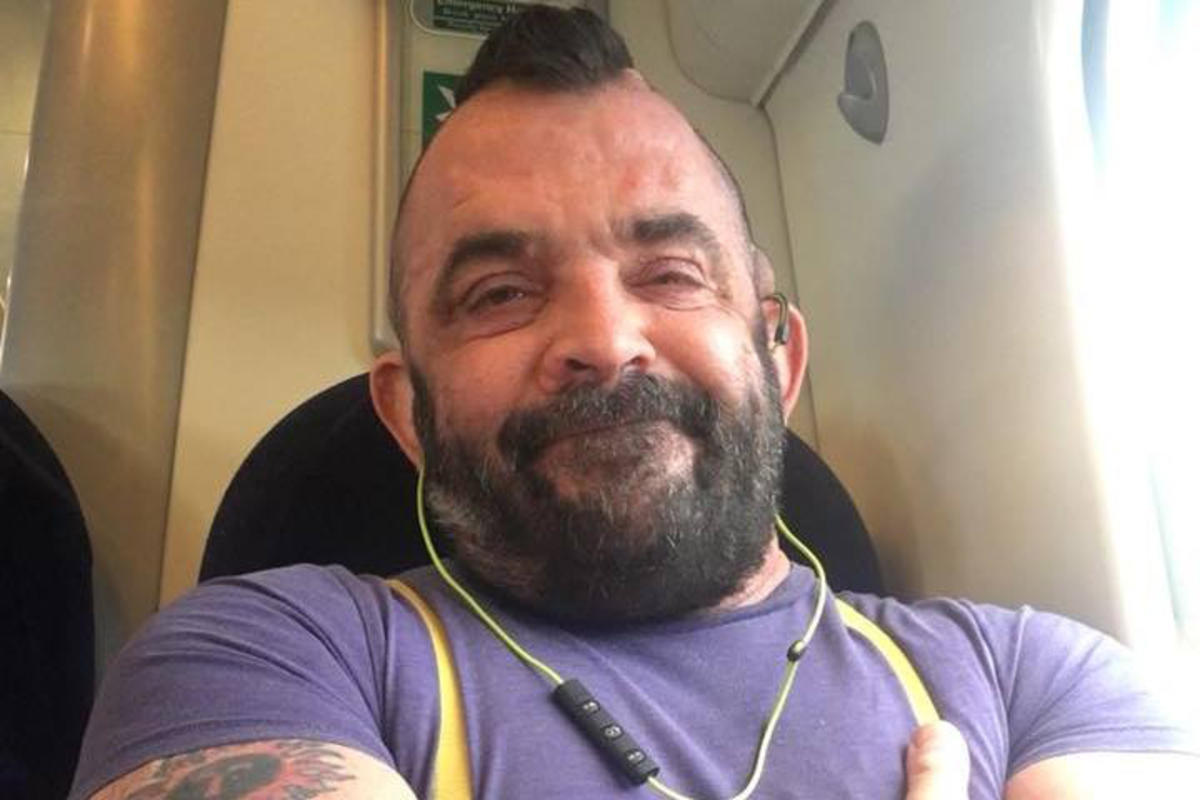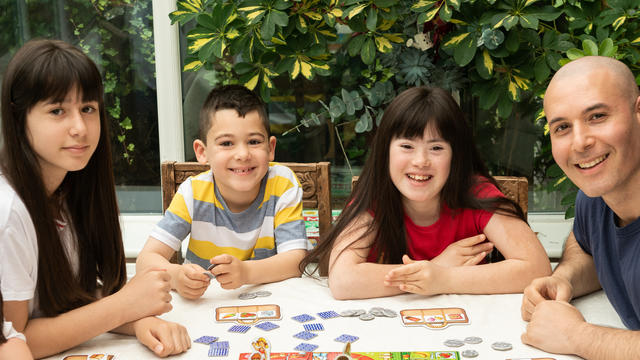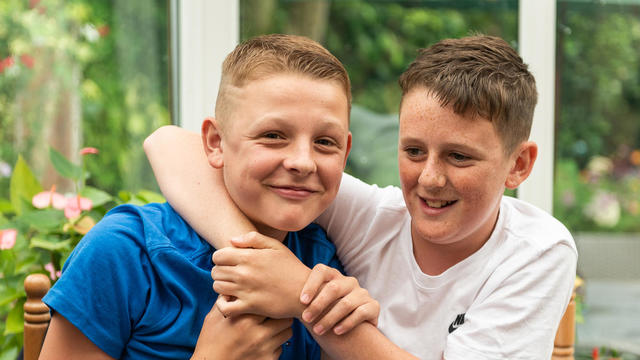Jakeb: Pride month and the LGBTQ+ care experienced community

As we come to the end of pride month Jakeb shares his reflections on LGBTQ+ young people in the care system.
I'm going to talk about being LGBTQ+ and being a care experienced person and growing up in the care system.
For LGBTQ+ young people in the care system, they need to come out more times than they would if they were with their family. Especially if they have multiple placement changes. They may have a number of different experiences good or bad of coming out. They come across more professionals and more adults in their life than they would if they were not in the care system. They can often be worried about what their foster carers or staff in their children's home will think or if they will treat them differently.
Many will also experienced a lot of heteronormative assptions. So for example, if it's a young man he may be asked ‘do you have a girlfriend?’. Or using the incorrect pronouns. That’s why I think its important that professionals get it ingrained that they ask the question when they first meet a young person and avoid gendered language and heteronormative assumptions. I've heard of some awful examples of staff and carers not using the chosen pronouns or one case where they refused to change the care files to stop using a young person’s dead name (the name a person was known by before transitioning).
I was shocked to discover a lack of HIV awareness in the care system. It’s important that care professionals are giving accurate sexual health messages and HIV prevention messages to young gay and bisexual men. This is especially the case as we know care experienced people are 33 times more likely to be involved in selling sex and sexual exploitation so it is incredibly important that we support young gay and bisexual men as they transition out of the care system. I used to work for a sexual health project in Soho London supporting male sex workers and over half of the young men who came to the clinic. To me they were young men let down by the system.
Here are some findings that have become a piece of research carried out by the University of East Anglia that was released in 2017 called Speak Out:
- The national survey of local authorities and England found that 38% of local authorities, had a general policy that included LGBT+ young people, but only 5% have a specific policy, and recording LGBTQ+ identities was rare.
- Support for LGBTQ+ young people was said to be limited by lack of both knowledge and confidence and local authorities were keen to improve practice. So the Care Review "case for change" clearly missed the mark in ignoring LGBTQ+ young people
Focus groups with professionals
- There was recognition of intergenerational differences in understanding our sexuality and gender and the need for professionals to examine and sometimes re-evaluate their own attitudes.
- It was felt that professionals may avoid discussing the sexuality of young people because of the general culture unease about talking about sexuality, particularly with young people.
- It recognised the importance of an in-depth exploration of the attitudes of Foster carers towards LGBT+ young people as part of the approval process was emphasize since young people in care often already face rejection in their lives.
Managing stigma
- Many young people have strategies to conceal their sexual orientation from peers and carers. Some found it hard after growing up in a heteronormative or homophobic environment.
- Across the interviews there was a widespread experience of homophobia, biphobia and transphobia. Transphobia a different quality to homophobia, where the young people became an object of curiosity. Non-conforming gender expression could make the young person a target of bullying from their early childhood.
- Some young people chose to conceal one aspect of their identity after being bullied about other aspects.
LGB and questioning young people
- Some young people feared that coming out in care would result in rejection and placement breakdown, but for others’s living in care offer an opportunity to explore the LGBT+ identity.
- Several young people concealed their sexual orientation from carers and professionals resulting in isolation, increased vulnerability, and sometimes placement breakdown.
- Young people reported less overt homophobia from social workers. However, they experienced heteronormative assumptions which discourage them from coming out, awkwardness and discomfort from social workers.
There was much more in the Speak Out research and I encourage you to read it. This was the first-ever piece of research carried out with young LGBTQ+ people in the care system. The Care Review “case for change” has just been published and in the entire 100 page document, LGBTQ+ isn’t mentioned once. It’s only mentioned twice in the 38-page summary and even here it’s not a stand-alone subject. As far as I am concerned this shows a complete lack of regard for this group of, often, vulnerable young people.
This pride month I’m asking everyone, especially people in the LGBTQ+ community, please be aware of your LGBTQ+ brothers and sisters who grew up in the care system. Look out for them. Support them. Find loving, compassionate, empathetic and caring connections with them.
Happy Pride month.





